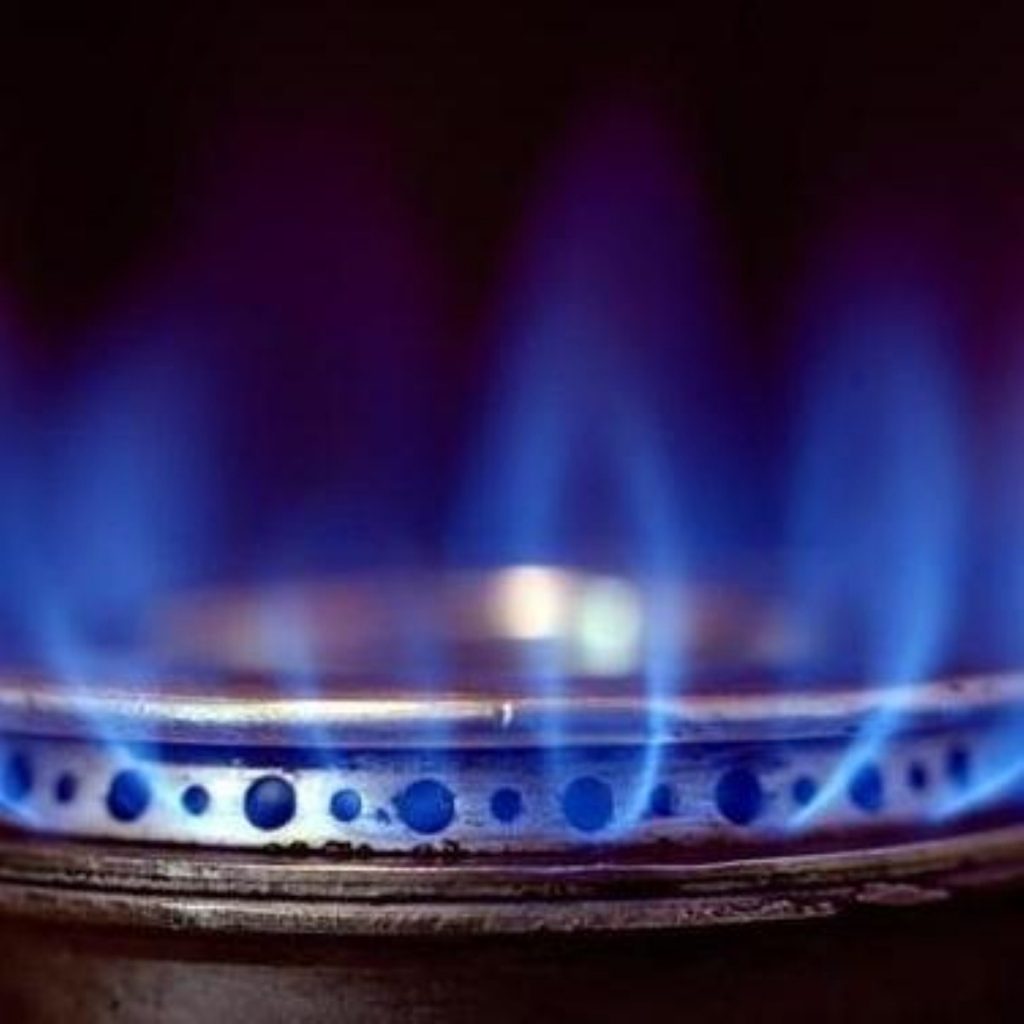Govt rolls out help for fuel poor
The government has announced a series of measures addressing fuel poverty issues after a week of pressure about rising fuel prices.
Its announcement comes as energy regulator Ofgem calls on the government to target homes classified as suffering from fuel poverty because more than ten per cent of their income goes on gas and electricity bills.
Among the measures announced by the government are £150,000 to fund Ofgem’s Citizens Advice Bureau and £3 million to fund a low carbon buildings programme pilot scheme.
Those applying for warm front grants will be referred to their energy supplier for tariff advice if they are among the 3,000 participating in a trial.


The government has also secured an additional £225 million from energy firms for social assistance purposes, increasing their investment by £150 million a year to 2011.
Ofgem is calling on customers’ data to be shared between the government and energy companies so consumers struggling to pay their gas and electricity bills can be helped in the run-up to the coming winter.
Sir John Mogg, Ofgem chairman, said: “Fuel poverty is caused by a combination of rising energy prices, low incomes and poor housing.
“That is why action must first and foremost be for government. But we have to find ways to identify and target more effectively low income and vulnerable customers most in need of help from the government, suppliers and non-government agencies.”
Energy minister Malcolm Wicks said the government was committed to addressing the problems raised by Ofgem.
“We’re working on finding ways to get them the right information to enable them to get that money to those who need it the most,” he said.
“That’s what’s most important right now – making sure the most vulnerable, the elderly, the disabled and young families aren’t cold in their own homes because they can’t pay their bills.”
Environment minister Phil Woolas said energy efficiency was “crucial” as a way of cutting costs and that the government would continue to push the best ways to achieve this.
“Household bills are rising and purse strings are tightening,” he said.
“Fuel poverty isn’t just a winter issue – it’s about working all year round to improve the homes of some of the most vulnerable people in this country, and that’s something the government is determined to do.”
Kate Jopling, head of public affairs at older person’s charity Help the Aged, said the government’s announcements did not go “nearly far enough” to deal with what she described as a “looming fuel poverty crisis”.
“As the cost of energy continues to spiral, more and more older people are facing difficult choices about whether to pay fuel bills or cut back on basics such as food and clothing. In a rich country such as ours, this is simply unacceptable,” she said.
On the new policy measures, Ms Jopling added: “This latest plan merely scratches the surface and is not the policy change that will deliver a turnaround in the growing levels of fuel poverty.”
The Liberal Democrats also poured cold water on the measures with party leader Nick Clegg calling them a “pathetic piece of tinkering”
He continued: “Tens of thousands of people will die next winter from the cold while energy companies enjoy a £9 billion windfall profit from the Emissions Trading Scheme.
“The government should simply insist that this massive subsidy enjoyed by the energy companies should be used to help the most vulnerable families with their fuel bills.
“Coming on top of the 10p tax fiasco, this mealy-mouthed package only confirms that Labour is incapable of doing anything to make Britain a fairer country.”









